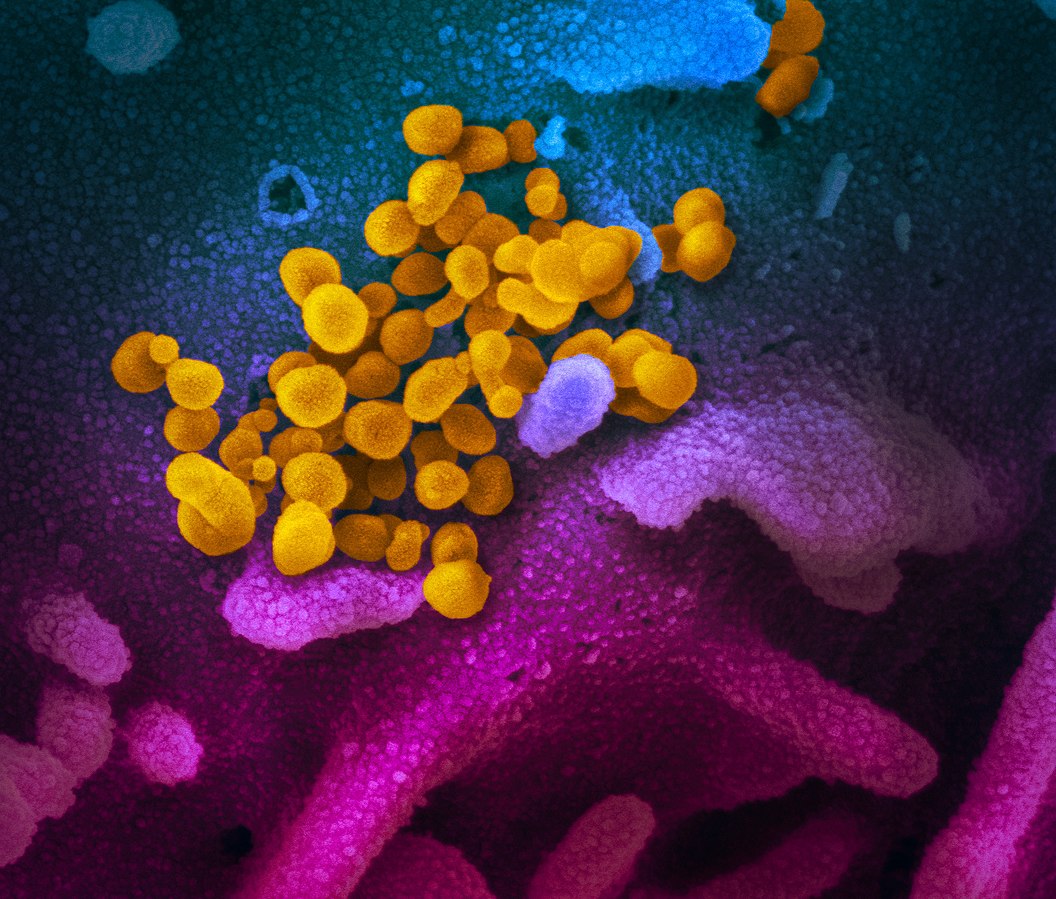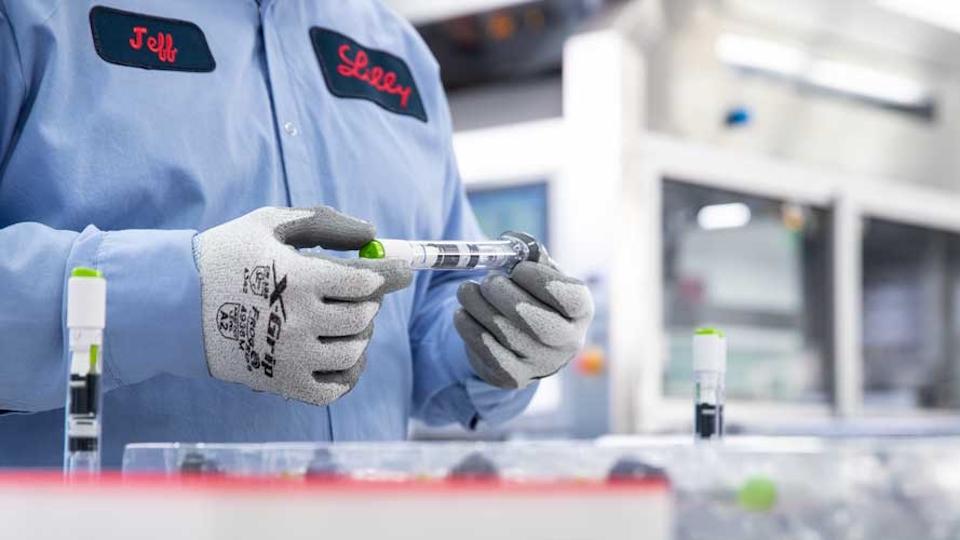Regeneron and Lilly post new data backing COVID antibody cocktails

Regeneron is considering an emergency filing for its antibody cocktail REGEN-COV to protect people against COVID-19 after early trial results showed it conferred 100% protection against symptomatic infection.
The announcement came after Eli Lilly posted results from its rival antibody cocktail, showing hospitalisations were reduced by 70% in high-risk patients.
Regeneron's results are based on a placebo-controlled trial involving 409 patients, where the cocktail of REGEN-COV (casirivimab and imdevimab) was used as a passive vaccine for prevention of COVID-19 in people at high risk of infection.
The exploratory analysis was conducted in the first 400 evaluable individuals enrolled in the trial who randomly received either the cocktail or placebo.
Results showed that passive vaccination with REGEN-COV conferred 100% prevention of symptomatic infection, with no cases in the treatment arm of 186 patients and eight in the placebo arm of 223 patients.
There 50% lower overall rates of infection including both symptomatic and asymptomatic cases, with 23 in the placebo arm and ten in the treatment arm.
Regeneron said the lower number of infections occurring with REGEN-COV therapy were all asymptomatic, with decreased peak virus levels and short duration of viral shedding.
Infections occurring in the placebo group had, on average, more than 100-fold higher peak viral load.
Infections in the treatment arm lasted no more than a week, while around 40% of infections in the placebo group lasted three to four weeks.
No one in the REGEN-COV group had high viral loads compared with 62% in the placebo group.
There were fewer total viral shedding weeks and high viral shedding weeks, an important factor as this is the main way that disease spreads from infected individuals.
In the placebo group patients there were 44 viral shedding weeks compared with nine in the treatment arm.
There were fewer total high viral shedding weeks – 22 weeks in the placebo group compared with none in the REGEN-COV group.
The company said full data from the trial funded by the NIH-funded study is due later in the quarter and will discuss latest findings with regulators including the FDA.
REGEN-COV can already be used to treat people already infected under an Emergency Use Authorization and this could be expanded to cover use as a passive vaccine.
Meanwhile Eli Lilly said its antibody bamlanivimab when combined with etesevimab cut hospitalisations and deaths in high-risk patients recently diagnosed with COVID-19 by 70% compared with placebo,.
In phase 3 BLAZE-1 trial in 1,035 patients, there were 11 hospitalisations or deaths (2.1%) in patients taking therapy compared with 36 of these events (7%) in those taking placebo.
There were 10 deaths total, all of which occurred in patients taking placebo, and no deaths in patients taking bamlanivimab and etesevimab together.
Lilly said bamlanivimab and etesevimab together also demonstrated statistically significant improvements on all key secondary endpoints, providing strong evidence that the therapy reduced viral load and accelerated symptom resolution.
Bamlanivimab monotherapy is already approved to treat high-risk patients with mild to moderate disease by the FDA under an Emergency Use Authorization.
Lilly filed a dossier asking for an EUA with the FDA for the combination therapy in November, which remains under review.












